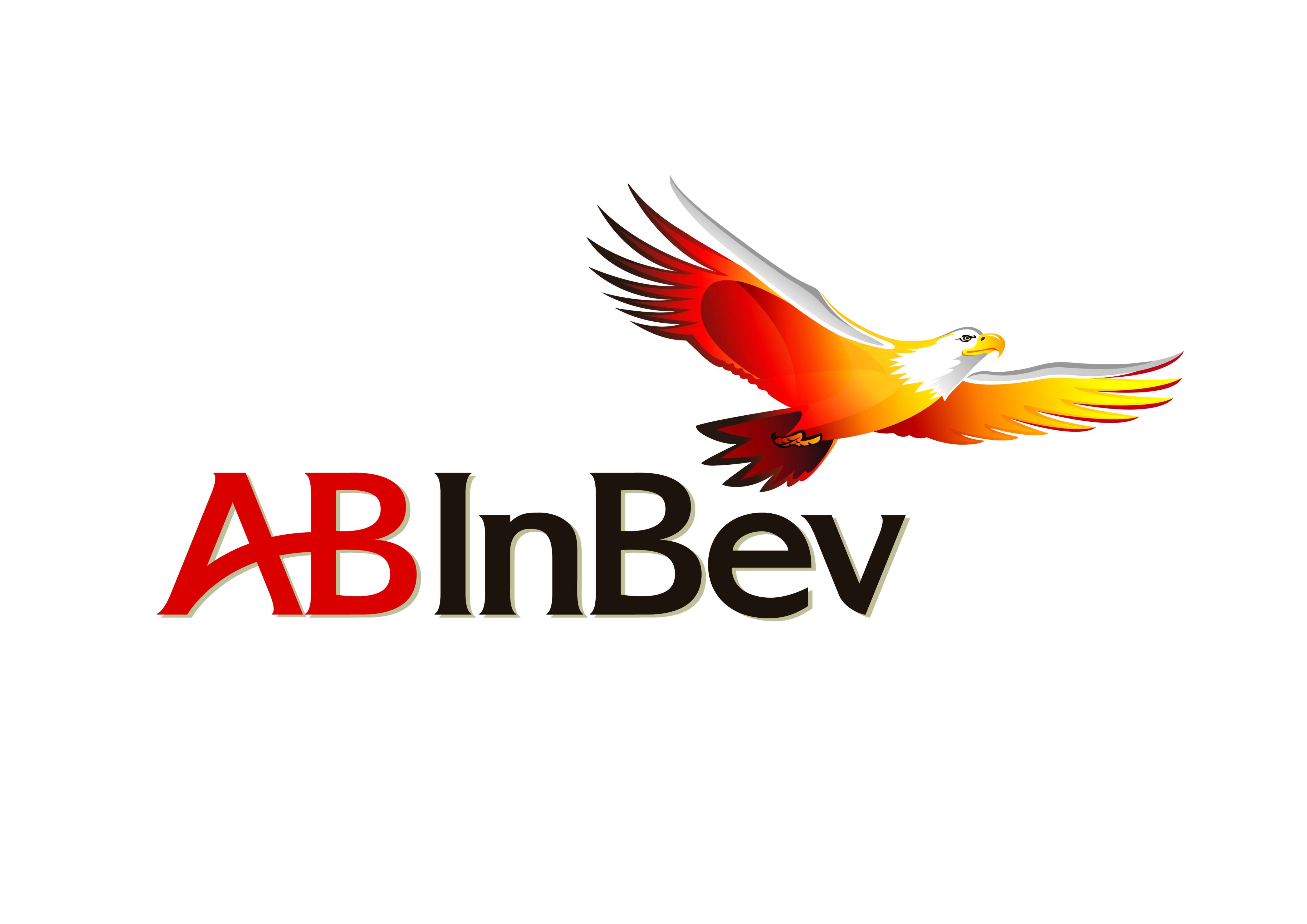About this project
This project takes a fresh look at the car travel habits of young adults on social occasions where the consumption of alcohol is involved. Its purpose was to inform the development of effective communications and interventions aimed at making car travel safer in such circumstances.
Project background
At the time of this study, Great Britain had witnessed a large reduction in the number of casualties killed or seriously injured in accidents involving drink driving. However, driving or riding whilst intoxicated still accounted for one in six deaths and one in twenty serious injuries on the roads, with young drivers disproportionately represented amongst these statistics when the number of drivers and the distances they drive are taken into account.
Project aims & objectives
The project brings together findings from a focused literature review and reports on the findings from focus group research conducted with young adults.
The main objectives were to:
- paint an up-to-date picture of what is happening in the UK with regard to drinking and driving and other relevant trends – especially among the target audience of young adults, but more generally as well;
- provide insight into factors that can lead to risky situations for young adults travelling by car on social occasions involving alcohol; and
- draw together evidence about what works or what might work to promote safer car travel for young adults on these occasions.
Conclusions highlighted the important part that passengers have to play in these circumstances and showed that interventions to change driver and passenger behaviour need to be based on a detailed understanding of what underpins behaviour and what works to change it.
Project timescales
The research was conducted between January and April 2014 and reported in June 2014. The full report is available here.
Project partners
This project was commissioned by the RAC Foundation and RoadSafe. It was funded by the RAC Foundation and the brewer AB InBev and was delivered by Independent Social Research with support from the IAM.




